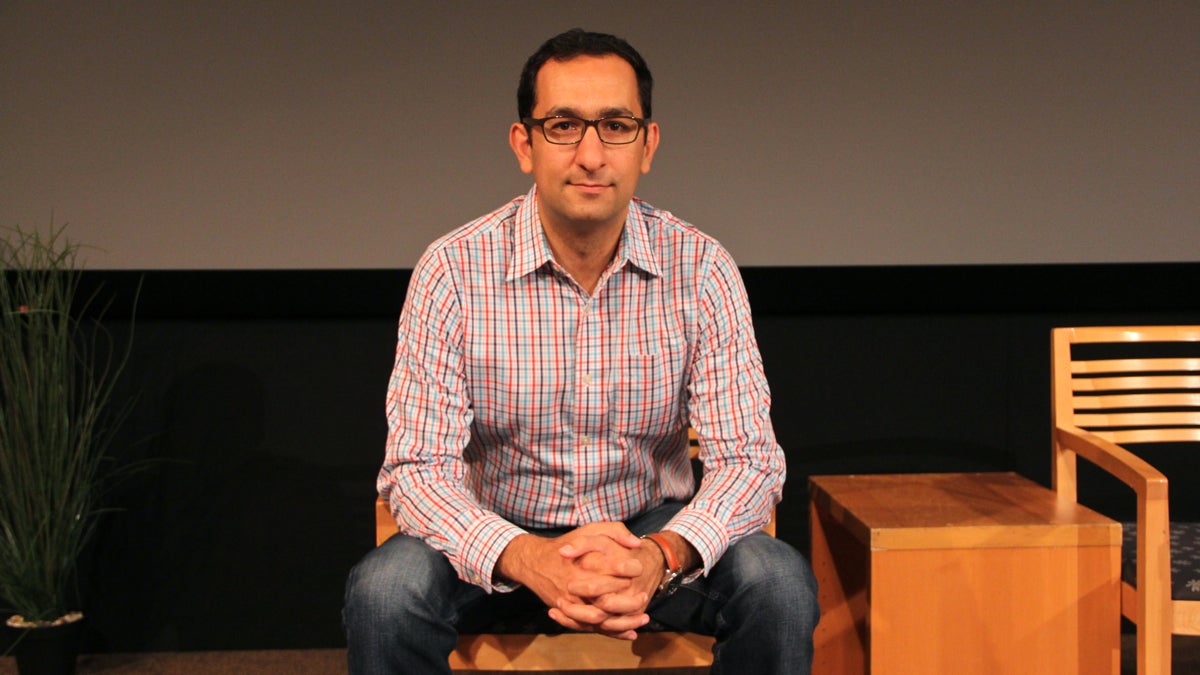Understanding why we fail can help us become wise and wealthy
Listen
Armen Karamanian is the the managing director at Admire Capital. (Emma Lee/WHYY)
In the markets, knowing who won’t survive is as important as knowing who will thrive.
For Armen Karamanian, failure is not a bad thing. In fact, sometimes it can be rather lucrative.
“I use the scientific method to make decisions,” says Karamanian, the managing director at Admire Capital, an investment firm located within Philadelphia’s Science Center. “I run experiments and the laboratory is the stock market. And based on the experiments I make decisions. So I bet that companies will go up in price and others that will go down in price.”
Karamanian has a PhD in bioengineering and was a scientist before working in investments. He brings the skills learned in the lab to his new field to help him calculate the odds of failure.
“You can divide predictive factors in different groups,” explains Karamanian. “We don’t look at the company, we don’t look at the product. We look at the accounting ratio, we look at what people are doing, we look at investors.”
Seem a little crazy? Karamanian doesn’t think so.
“We as humans, we have a lot of behavioral biases and those behavioral biases permeate in everything that we do. So if you think nanotechnology is the next big thing and that’s a behavioral bias that you have like your anchor in that technology you will naturally tend to invest in those type of technologies and ignore the rest,” he says.
Failure–looking for it, being able to predict it–is intrinsic to Karamanian’s success.
“We like to predict failure because we can make money if a company goes up in price or if a company goes down in price. So detecting companies that can go bankrupt, it’s a critical aspect of what we do,” he says.
WHYY is your source for fact-based, in-depth journalism and information. As a nonprofit organization, we rely on financial support from readers like you. Please give today.



